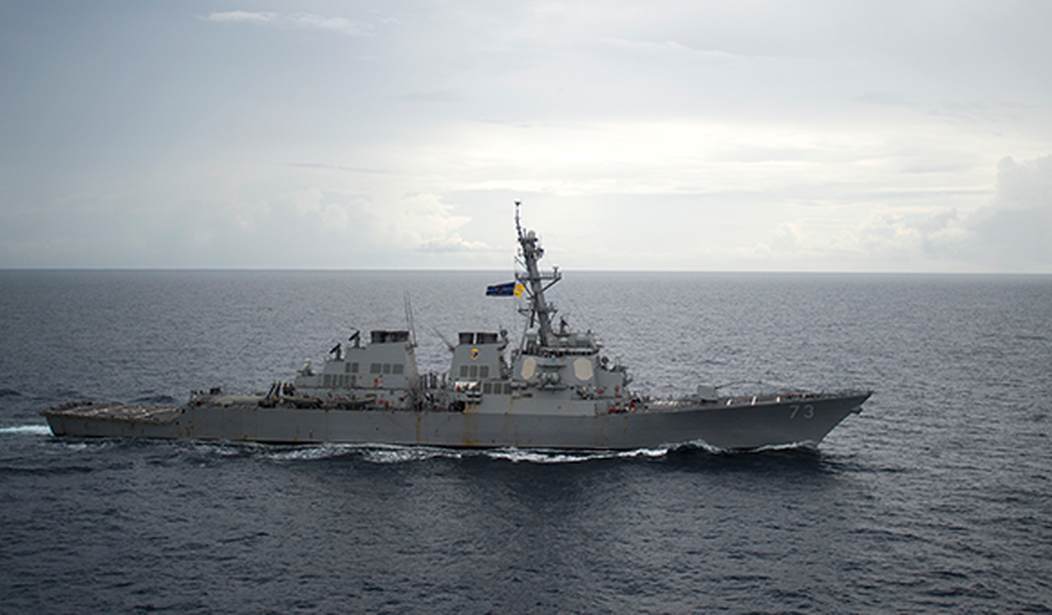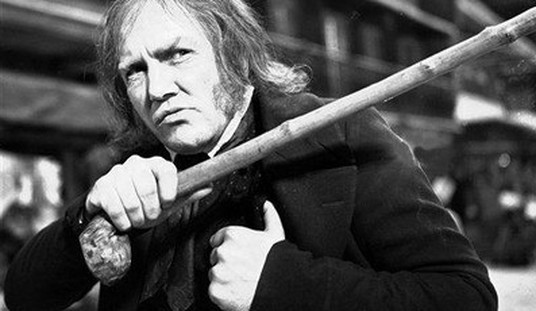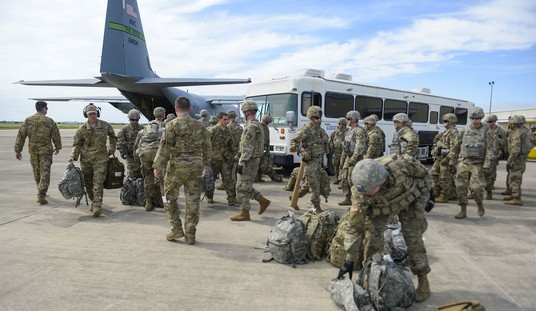On Tuesday, Senator Tommy Tuberville (R-AL), in a meeting of the Senate Armed Services Subcommittee on Seapower, had the opportunity to interview several senior United States Navy officers on the state of shipbuilding in the United States, and that conversation brought up some interesting points.
Not surprisingly, Senator Tuberville is concerned with the state of the industry in his home state, where, in Mobile, the company Austal builds components that later go into U.S. Navy nuclear submarines - and that company is having some issues finding skilled tradesmen.
Senator Tuberville: ". I haven't been in this business long, but I've noticed shortcomings of shipbuilding since I've been on this [Sub]committee and [the Senate] Armed Services Committee. We build components for submarines—the Columbia class and the Virginia class—at Austal in Mobile. Probably most of you know that. It's pretty new to us, but I've noticed recruiting—as the Senator was alluding to—workforce, I know Austal has gone out and gone through fast food joints and everything else trying to find welders and people that can actually work and understand it. So, it's an ongoing process.
Admiral Weeks, how does this module production support your goal of increasing submarine construction rates?"Rear Admiral Todd Weeks: "Sir, thank you for that question. So, as we look at the constrained capacity in our primary build yards, it's really important that we recognize that broadening that shipbuilding industrial base—the shipbuilding base beyond those two yards—is really the opportunity we need to be able to get and bring more folks to bear, bring different geographical regions to bear, and alleviate the strain on our primary yards. And that will then allow them to do most efficiently what only they can do, which is things like outfitting, final assembly, and testing."
The thumbnail version of that is that we don't have the shipbuilding capacity we need, and we don't have the skilled tradesmen we need to build ships. You can see from the Senator's comments that Austal is literally going through all of the local community, even, as Senator Tuberville puts it, "through fast food joints" looking for tradesmen or anyone who could be trained. This is another aspect of something I've been saying and writing for years: our education system is not placing enough focus on the trades. When I was in high school in the '70s, even my small-town eastern Iowa school had a full auto shop, a full wood shop, and a full metal shop. A friend of mine graduated high school and, because of his classes in machining, was hired in a tool & die firm within days of graduating.
Building ships requires tradesmen: welders, pipefitters, electricians, and more. We don't have enough of those.
There is also the issue of raw materials:
Senator Tuberville: "Now, visiting Austal, I noticed that, especially in submarines, nickel is a huge part, a very important part of submarines. And our supply chain there—any of the three of you, can you give an update on—do we have a better supply of nickel now? Is it getting worse? Because (we) don't have a lot of nickel in our country.
(Matthew D. Sermon, Program Manager Maritime Industrial Base): “Yes, Sir. Thank you for the question. Nickel, as you as you pointed out, Sir, is among the fundamental metals and alloys that we're continuing to work with OSD—Office of the Secretary of Defense to take a very careful look at and address. As you pointed out, we do continue to have both price fluctuations, which are of course related to supply, but committed to addressing those, Sir."
We have nickel. In Michigan, Montana, and Missouri, we have been producing nickel, but that production has been steadily dropping. As much as we need skilled tradesmen to produce ship components and the ships themselves, we also need the raw materials.
President Trump and Secretary of Defense Pete Hegseth have made restoring our armed forces a priority. Given our primary geopolitical adversary - China - and the likely theater of any future conflict - the Pacific Ocean - ships will be vital. We must be able to build ships, not merely to constitute a force, but to replace any ships lost, for any reason. We don't need the 1945 Navy, when sailors joked that one could walk from Pearl Harbor to Tokyo by stepping from deck to deck; technology allows us to do more with fewer ships than in World War 2. But we sure need more than we have - and that's coming from an old Army type.
This hearing illustrates very plainly why this rebirth of our shipbuilding capacity isn't going to happen overnight. And we don't have the luxury of time and distance we had in 1941.
See Also: Trump Wins Again: Major Shipping Concern Announces $20 Billion Investment in US
WATCH: Trump Sec. of the Navy Nominee John Phelan Lays Out His Priorities
Official transcripts of the entire hearing may be found here. You can view the conversation here:
The warrior ethos is returning to America's military, thanks to President Trump and Defense Secretary Pete Hegseth's leadership.
Help us report on Trump and Hegesth's successes as they make our military great again. Join RedState VIP and use promo code FIGHT to get 60% off your membership.














Join the conversation as a VIP Member